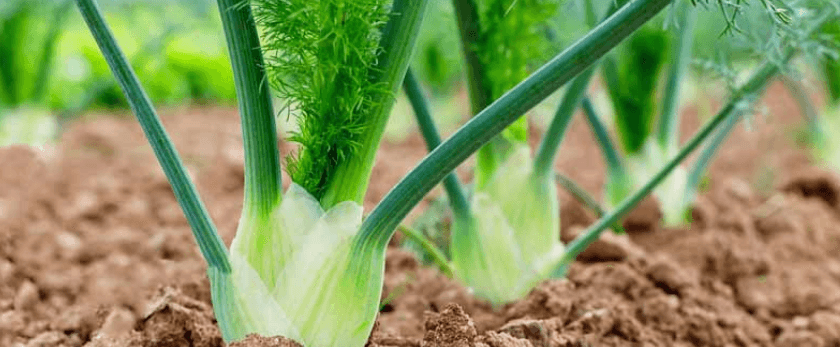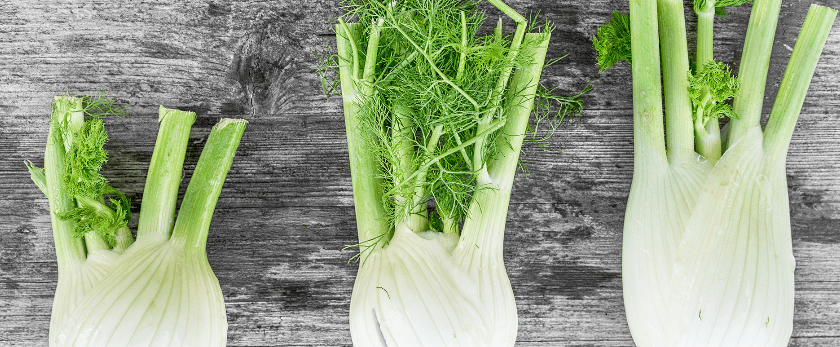Fennel is a versatile and flavorful herb that is easy to grow in your own backyard. Not only does it add a delicious taste to your dishes, but it also has numerous health benefits. Fennel is rich in antioxidants, vitamins, and minerals, making it a great addition to any diet. Plus, growing your own fennel is a sustainable and eco-friendly way to enjoy this herb.
In this article, we will discuss how to grow fennel, including the best time to grow, common problems, and how to care for your fennel plants. By following these tips, you can have a bountiful harvest of fennel and contribute to a greener, more sustainable future.
What is Fennel?
Fennel (Foeniculum vulgare) is a perennial herb that is native to the Mediterranean region. It has a distinct anise-like flavor and is commonly used in cooking, especially in Mediterranean and Indian cuisines. Fennel is also known for its medicinal properties and has been used for centuries to treat various ailments.
Fennel plants can grow up to 6 feet tall and have feathery leaves and yellow flowers. The plant produces seeds, which are used as a spice, and the bulb, which is used as a vegetable. Both the seeds and the bulb have a similar anise-like flavor.

How to Grow Fennel
Choosing the Right Time to Grow Fennel
Fennel can be grown in both spring and fall, but the best time to grow fennel depends on your location. In cooler climates, it is best to plant fennel in the spring, while in warmer climates, it can be planted in the fall. Fennel is a hardy plant and can tolerate light frosts, but it does not do well in extreme heat.
Preparing the Soil
Fennel plants prefer well-drained, fertile soil with a pH level between 6.0 and 8.0. Before planting, prepare the soil by adding compost or well-rotted manure to improve its nutrient content. Fennel also prefers a slightly alkaline soil, so you can add lime if your soil is too acidic.
Planting Fennel Seeds
Fennel seeds can be directly sown into the ground or started indoors and transplanted later. If you are starting seeds indoors, sow them in small pots or trays filled with potting mix. Keep the soil moist and place the pots in a warm, sunny spot.
Once the seedlings have grown to about 3 inches tall, they can be transplanted into the garden. Space the plants about 12 inches apart to allow for proper growth.
If you are sowing seeds directly into the ground, make sure the soil is warm and moist. Sow the seeds about ¼ inch deep and cover them lightly with soil. Keep the soil moist until the seeds germinate, which usually takes about 10-14 days.
Caring for Fennel Plants
Watering
Fennel plants require regular watering, especially during hot and dry weather. Keep the soil consistently moist, but not waterlogged. Water deeply once a week, rather than shallowly every day, to encourage deep root growth.
Light
Fennel plants prefer full sun, but they can also tolerate partial shade. Make sure your plants receive at least 6-8 hours of sunlight each day for optimal growth.
Soil
Fennel plants do best in well-drained, fertile soil. Make sure to keep the soil moist, but not waterlogged, as this can cause the roots to rot. Adding a layer of mulch around the plants can help retain moisture in the soil.
Fertilizer
Fennel plants do not require much fertilizer, but you can add a balanced fertilizer once a month to promote healthy growth. Avoid using high-nitrogen fertilizers, as this can cause the plants to produce more foliage and fewer seeds.
Pruning
Pruning is not necessary for fennel plants, but you can remove any dead or damaged leaves to promote healthy growth. You can also trim the flowers to prevent the plant from going to seed too quickly.
Common Problems with Fennel Plants
Pests
Fennel plants are relatively pest-resistant, but they can be susceptible to aphids, slugs, and snails. You can control these pests by handpicking them off the plants or using organic pest control methods, such as neem oil or insecticidal soap.
Diseases
Fennel plants can also be affected by fungal diseases, such as powdery mildew and root rot. To prevent these diseases, make sure to plant your fennel in well-drained soil and avoid overwatering. If your plants do get infected, you can use organic fungicides to treat them.
Bolting
Bolting is when the plant produces flowers and goes to seed prematurely. This can happen if the plant is stressed, such as from extreme heat or lack of water. To prevent bolting, make sure to keep the soil consistently moist and provide some shade during hot weather.
Harvesting Fennel
Fennel plants can be harvested throughout the growing season. The leaves can be harvested as needed, and the bulbs can be harvested when they reach about 3-4 inches in diameter. To harvest the bulbs, gently loosen the soil around the base of the plant and pull the bulb out. You can also cut the bulb off at the base of the plant.
The seeds can be harvested when they turn brown and start to fall off the plant. Cut the seed heads and place them in a paper bag to dry. Once dry, shake the bag to remove the seeds.
Ways to Use Fennel
Fennel can be used in a variety of dishes, both raw and cooked. The leaves can be used as a garnish or added to salads, soups, and stews for a hint of anise flavor. The bulb can be roasted, grilled, or sautéed and used in dishes such as stir-fries, pasta, and risotto. The seeds can be used as a spice in cooking or brewed into a tea for its medicinal properties.
Responsible Disposal of Fennel Plants
When your fennel plants have reached the end of their growing season, it is important to dispose of them responsibly. Do not compost any plants that have been treated with pesticides or fungicides, as this can contaminate your compost. Instead, you can chop up the plants and add them to your green waste bin or dispose of them in a landfill.
Conclusion
Growing fennel is a rewarding and sustainable way to add flavor and nutrition to your meals. By following these tips, you can successfully grow and care for your fennel plants and enjoy a bountiful harvest. Remember to choose the right time to grow, prepare the soil, and provide proper care for your plants. And don't forget to use fennel in a variety of dishes and dispose of the plants responsibly. Happy growing!










